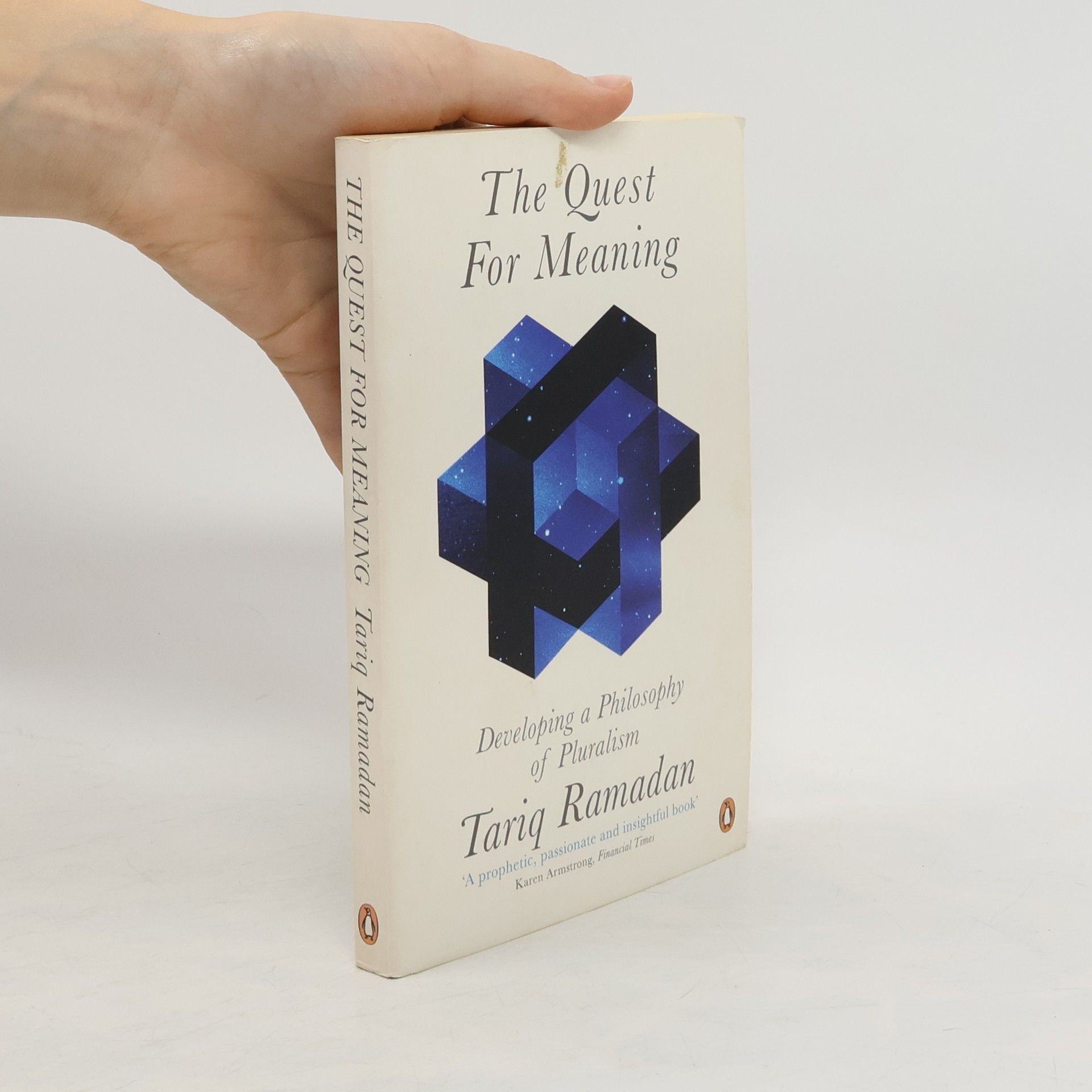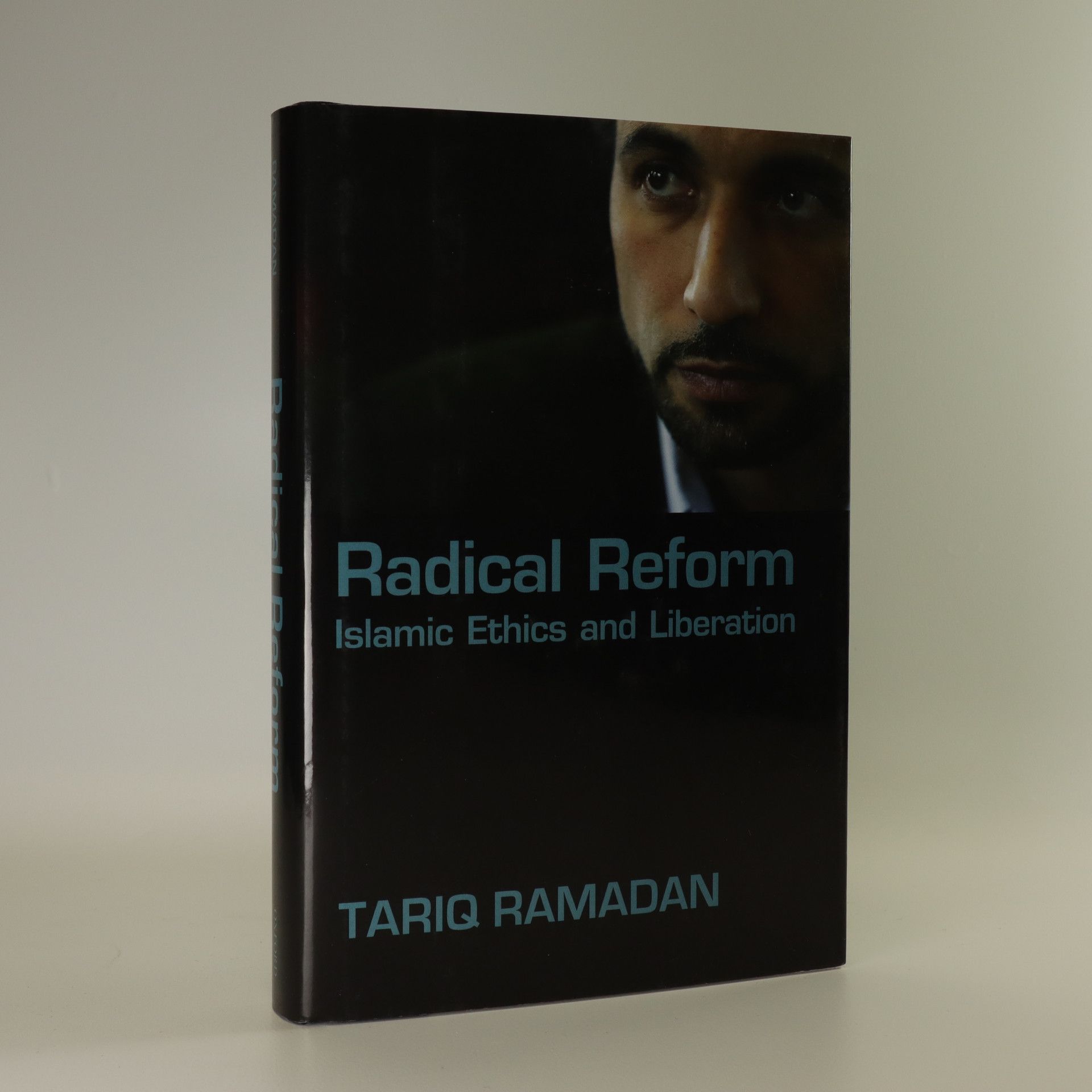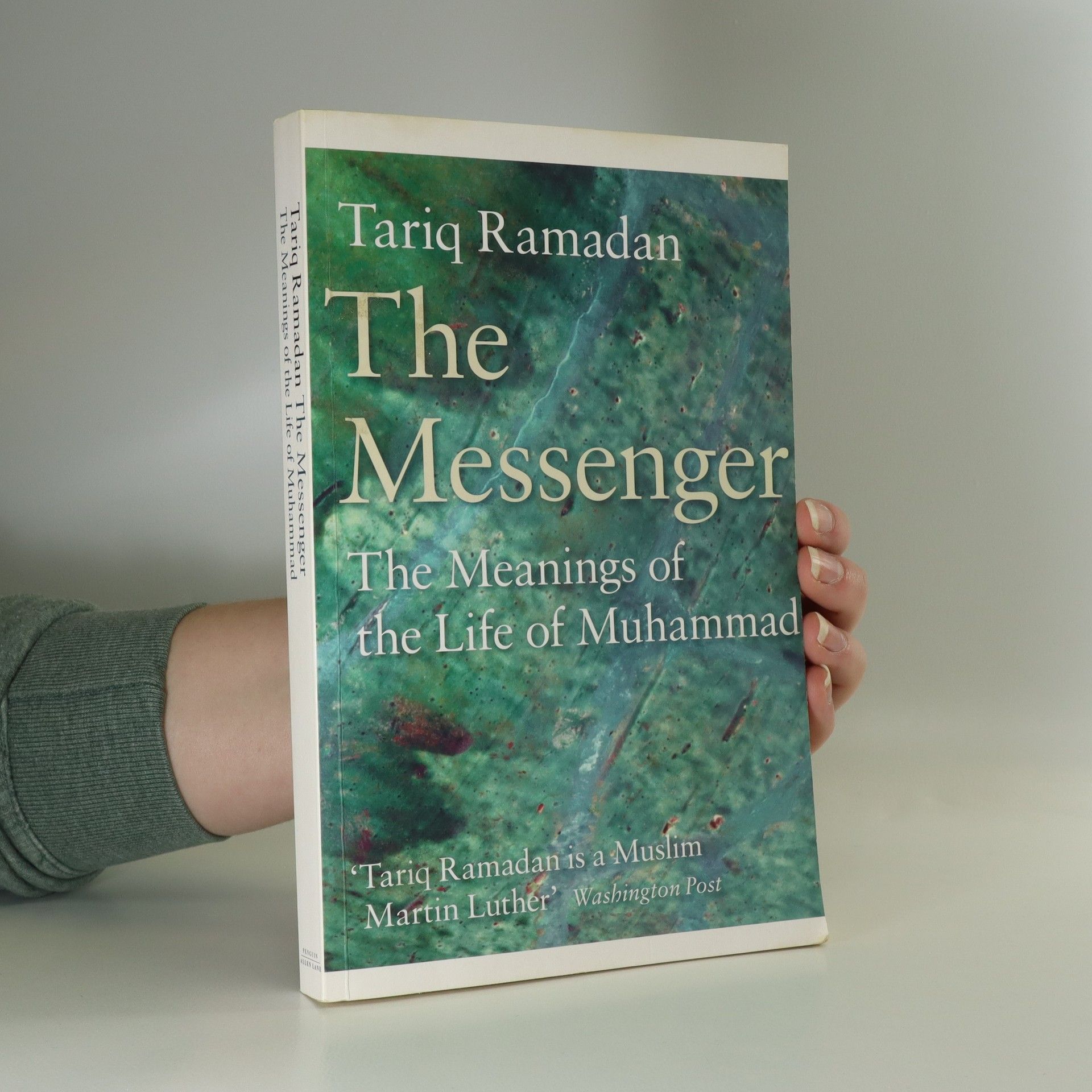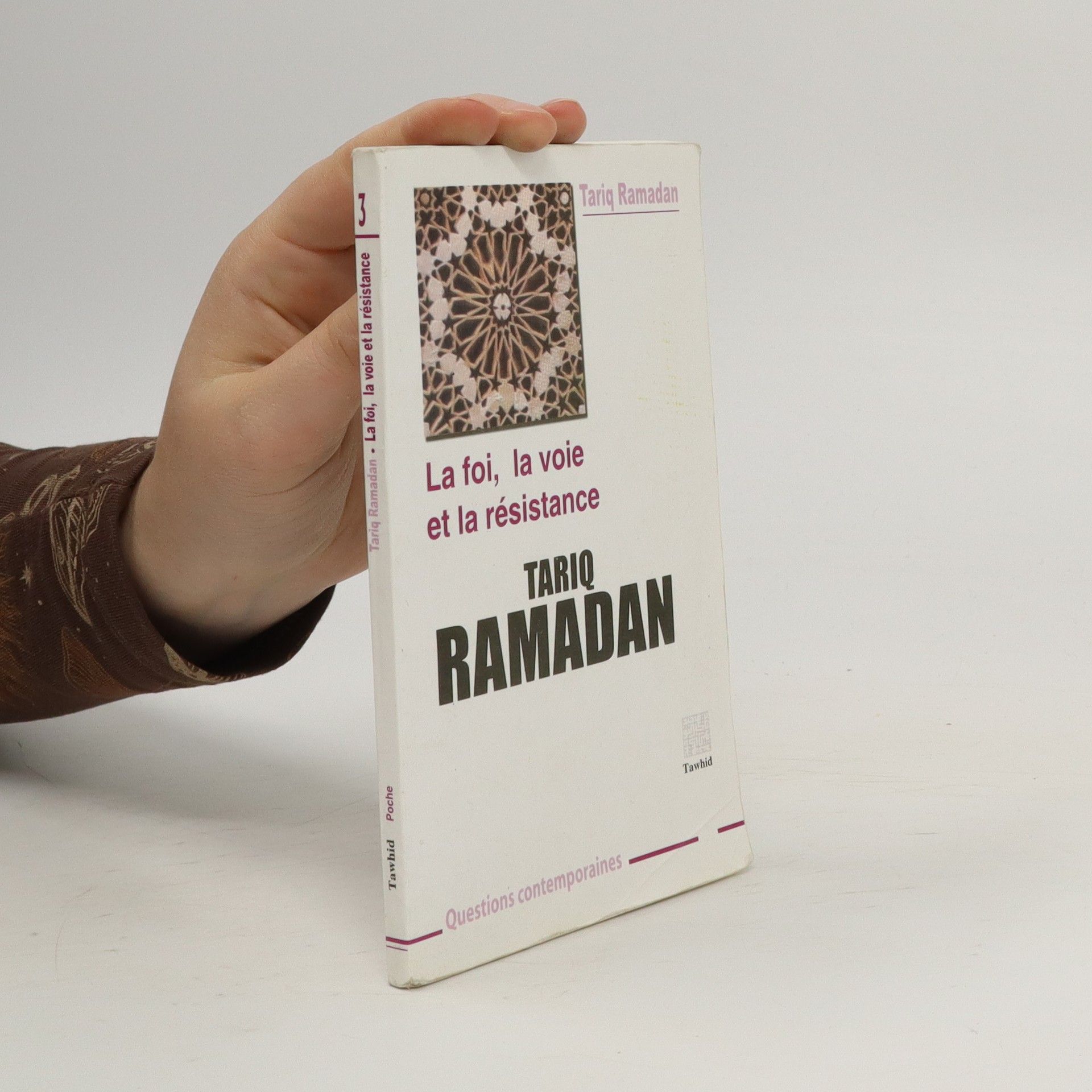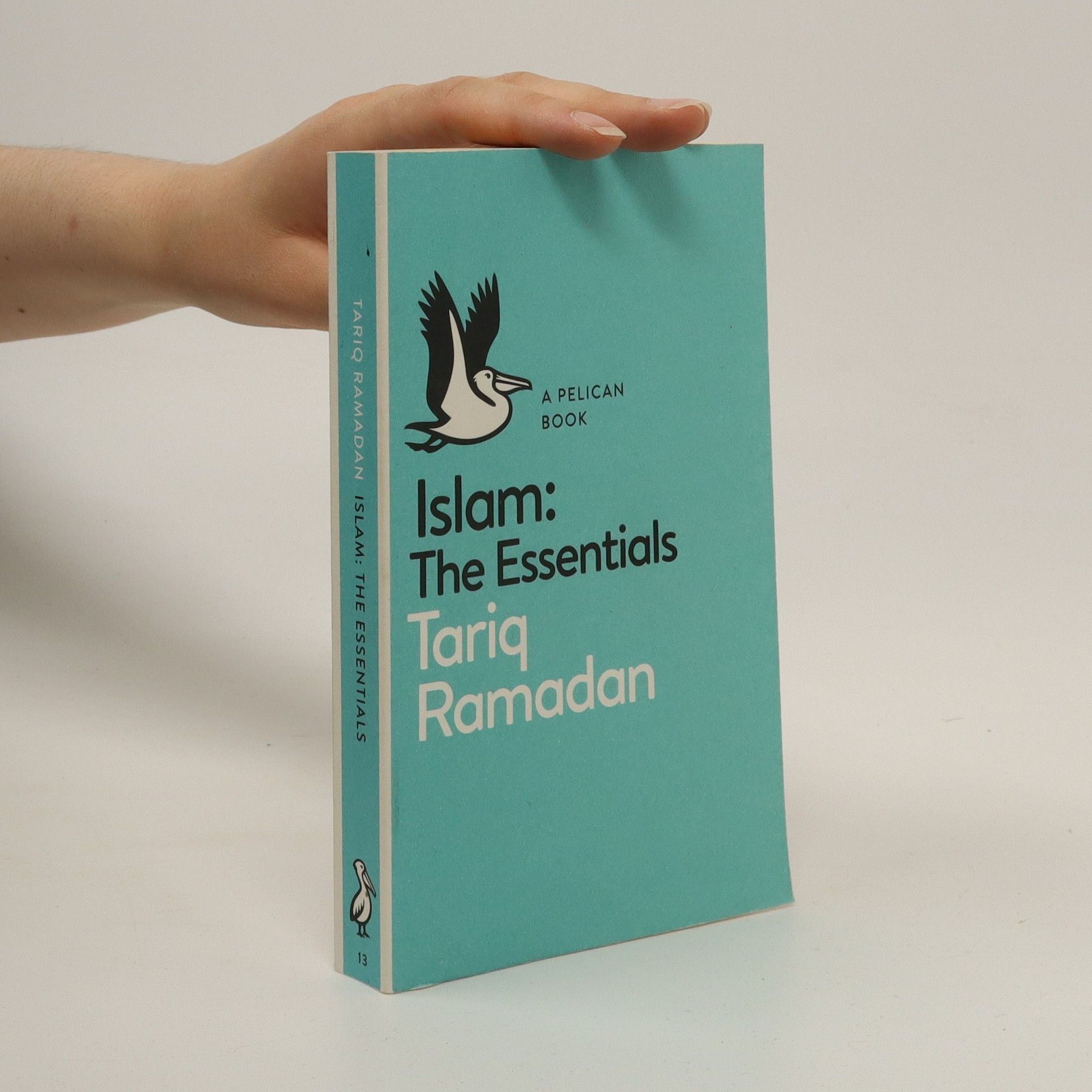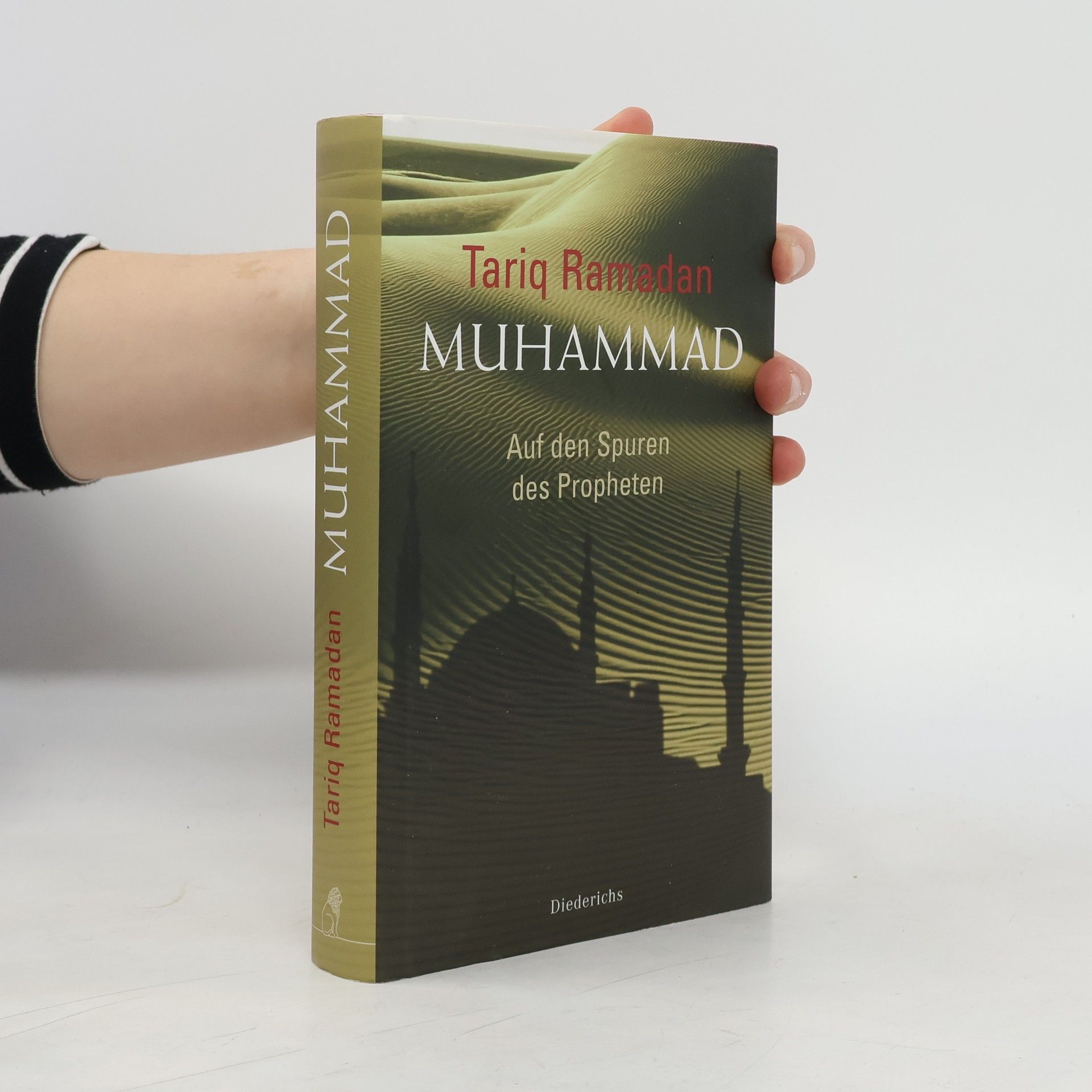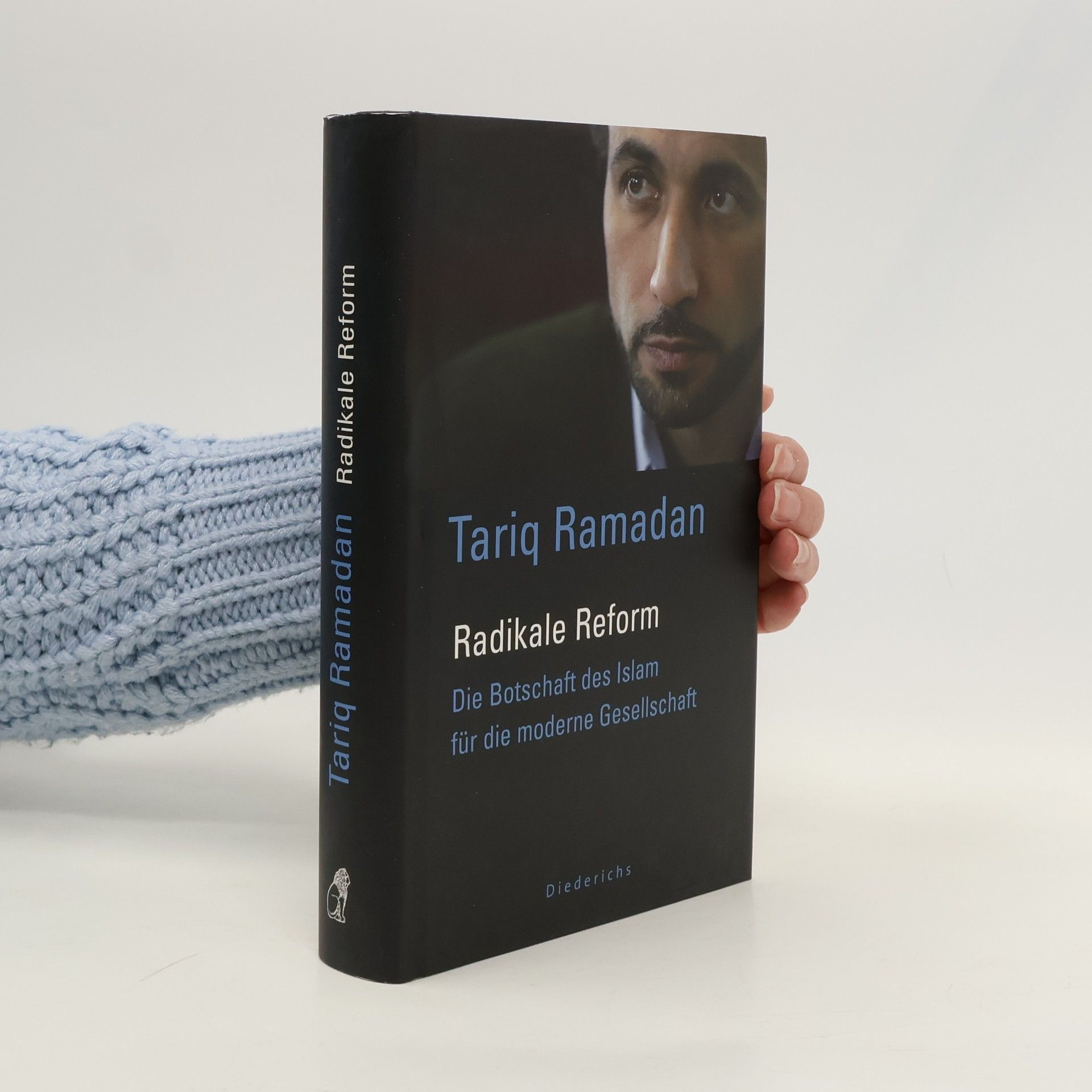La foi, la voie et la résistance
- 79pages
- 3 heures de lecture
L'éthique islamique qui devait orienter s'est mutilée en une éthique réduite aux disputes sur les limites techniques du halal et du haram, conduisant les musulmans vers la " tentation minoritaire ", en Occident comme dans le monde. Or, il faut revenir à la source : penser sa présence dans et à partir des références musulmanes. La shahada, c'est porter la foi en Dieu et en Son Messager. La shari'a, c'est suivre le chemin de la fidélité, la Voie. Accomplir son devoir de résistance, c'est reprendre possession de son cœur, construire son intelligence et s'engager à promouvoir des projets alternatifs. En termes d'exigence, de don et de réforme. Pour soi et pour autrui, et dans tous les domaines de la vie.
